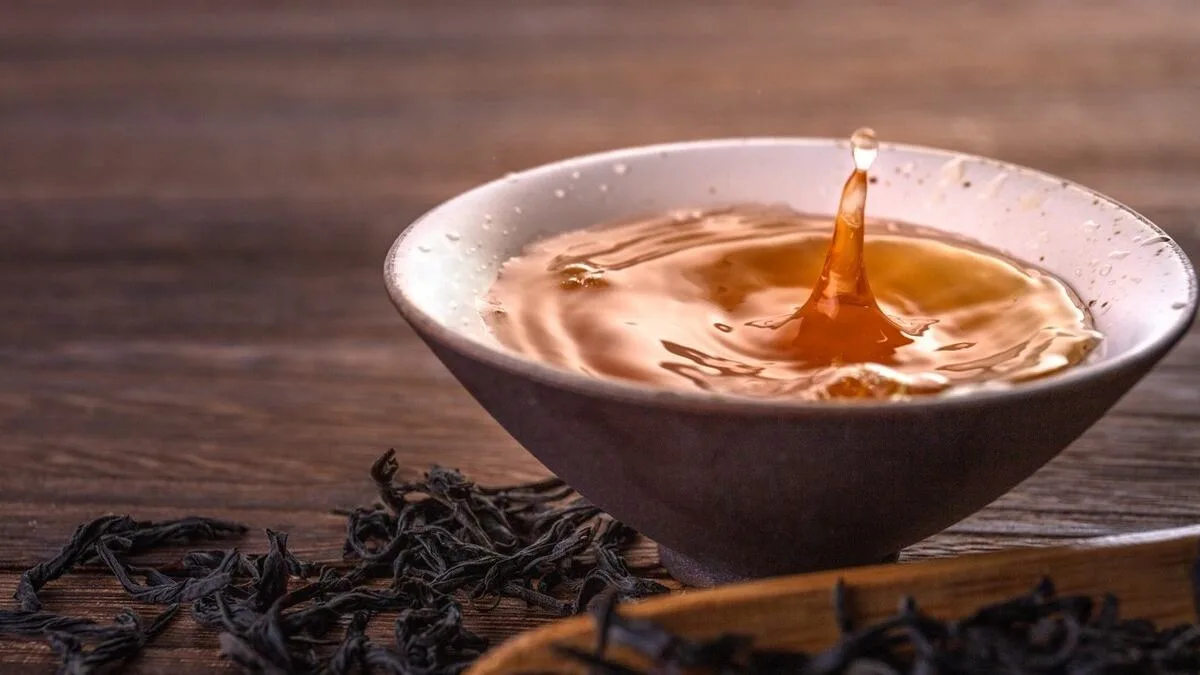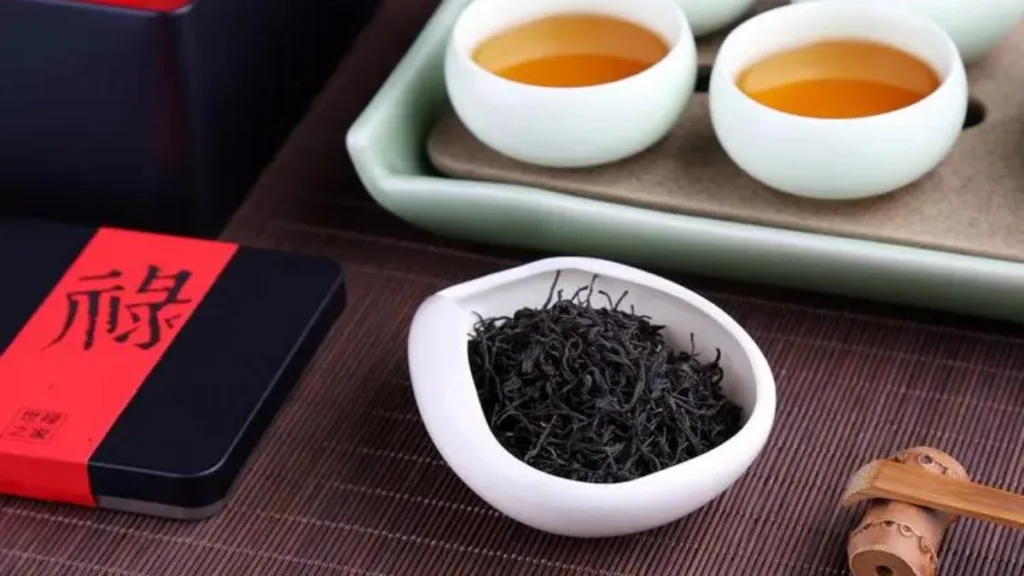Tea enthusiasts often ponder whether the consumption of black tea contributes to an elevation in insulin levels. Today, we aim to provide a detailed analysis of this question, shedding light on how black tea may impact insulin secretion and, consequently, blood sugar levels.
Understanding Insulin Secretion:
Insulin is a hormone released by the beta cells of the pancreas, playing a crucial role in reducing blood sugar levels and promoting the synthesis of glycogen, fats, and proteins. The secretion of insulin is typically influenced by factors such as plasma glucose concentration and amino acid levels. When consuming foods high in sugar, protein, or amino acids, it triggers an increase in plasma glucose and amino acid concentrations, leading to an augmented release of insulin. Tea leaves contain proteins, amino acids, tea polysaccharides, among other components, which can stimulate the secretion of insulin by pancreatic beta cells, resulting in an elevated level of insulin secretion. Therefore, drinking tea is known to stimulate insulin secretion.
Impact of Black Tea on Diabetes:
Contrary to concerns, black tea consumption has been shown to have a neutral or even beneficial effect on diabetes. It can play a supportive role in regulating blood sugar levels and aiding in the prevention of complications associated with diabetes. The tea polyphenols found in black tea have demonstrated preventive effects against diabetes, obesity, and a reduced incidence of cardiovascular diseases. Moderate consumption of black tea has also been associated with increased insulin secretion, leading to a higher insulin content in the body. This, in turn, effectively lowers postprandial blood sugar levels. Additionally, it has been suggested that black tea consumption may contribute to the prevention of osteoporosis in diabetic patients. However, diabetic individuals are advised to opt for lighter tea infusions rather than strong ones, as concentrated teas might have counteractive effects.
Individual Variations and Considerations:
Determining whether drinking black tea causes an increase in blood sugar levels is not a one-size-fits-all scenario. The rise in blood sugar refers to an elevation in the concentration of glucose in the bloodstream. When it comes to dietary choices, it’s crucial to be mindful of foods with a high glycemic index that may impact blood sugar levels.
In conclusion, the impact of black tea on insulin secretion and blood sugar levels is multifaceted and can vary among individuals. While there is evidence suggesting that black tea consumption can stimulate insulin release and potentially aid in blood sugar regulation, it’s essential to consider individual health conditions, especially for those managing diabetes. Incorporating black tea into a balanced diet, paying attention to the overall glycemic index of foods, and consulting with healthcare professionals can help individuals make informed choices about their tea consumption. Understanding the nuances of how black tea interacts with insulin secretion allows tea enthusiasts to enjoy this beloved beverage with mindfulness and consideration for their overall well-being.



